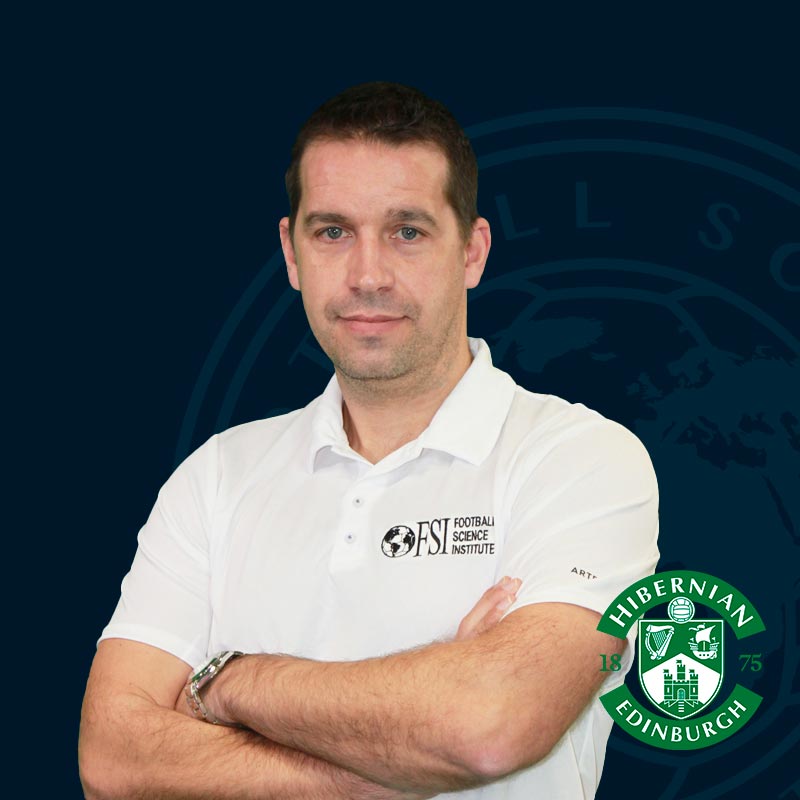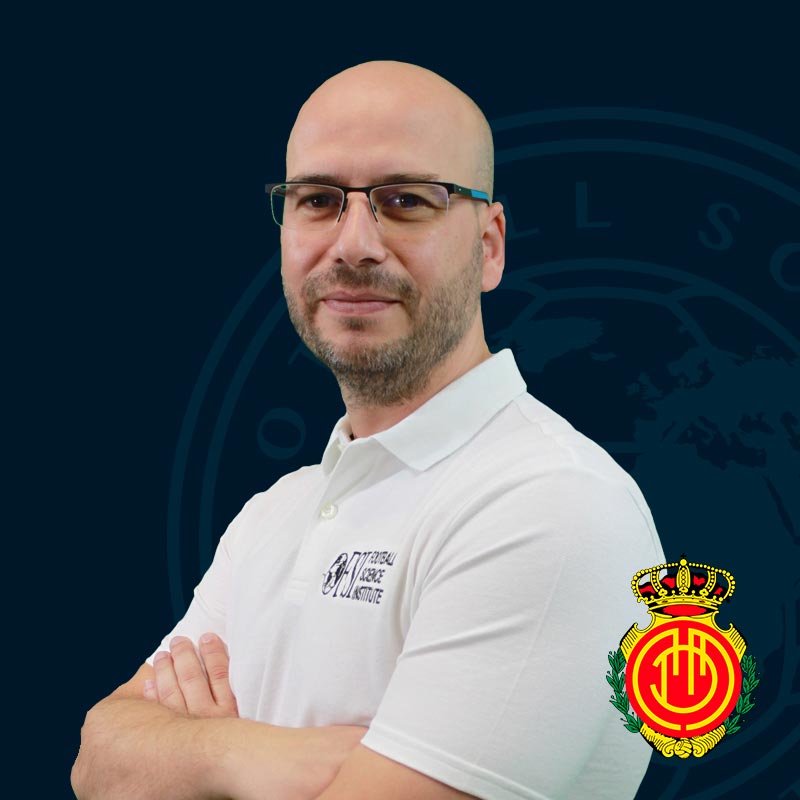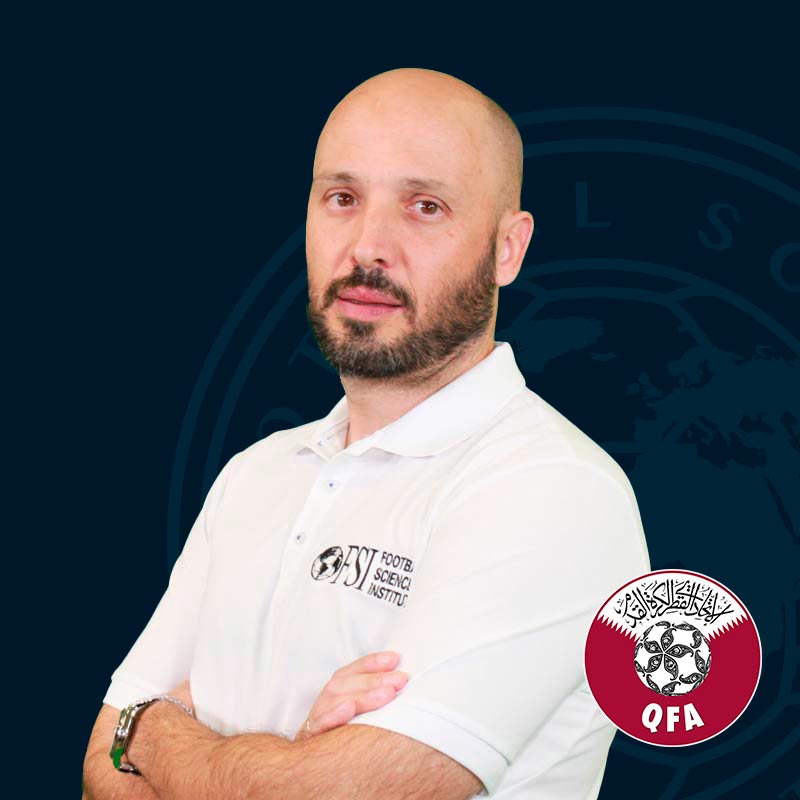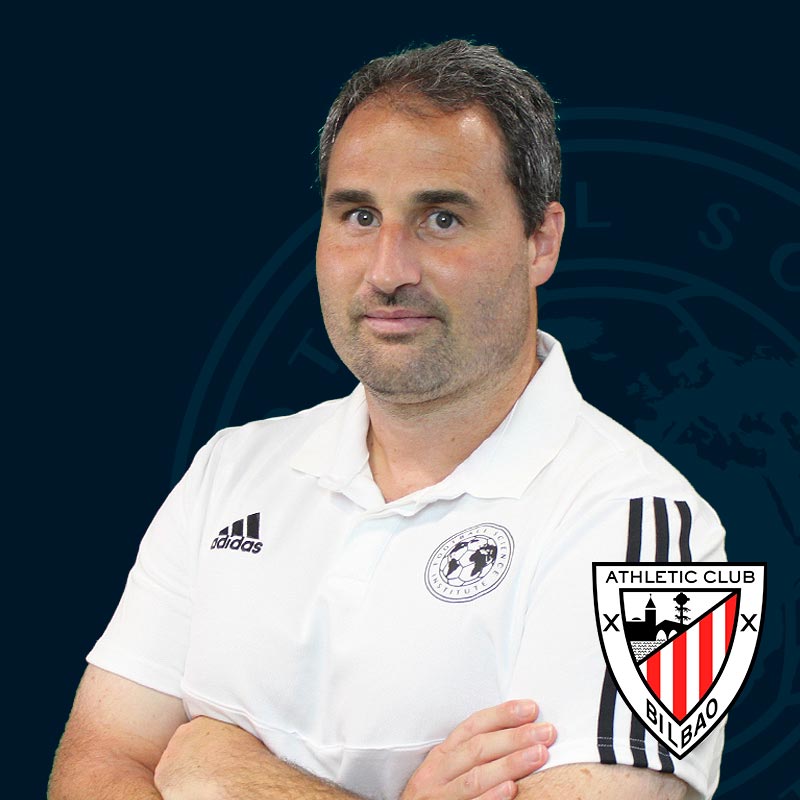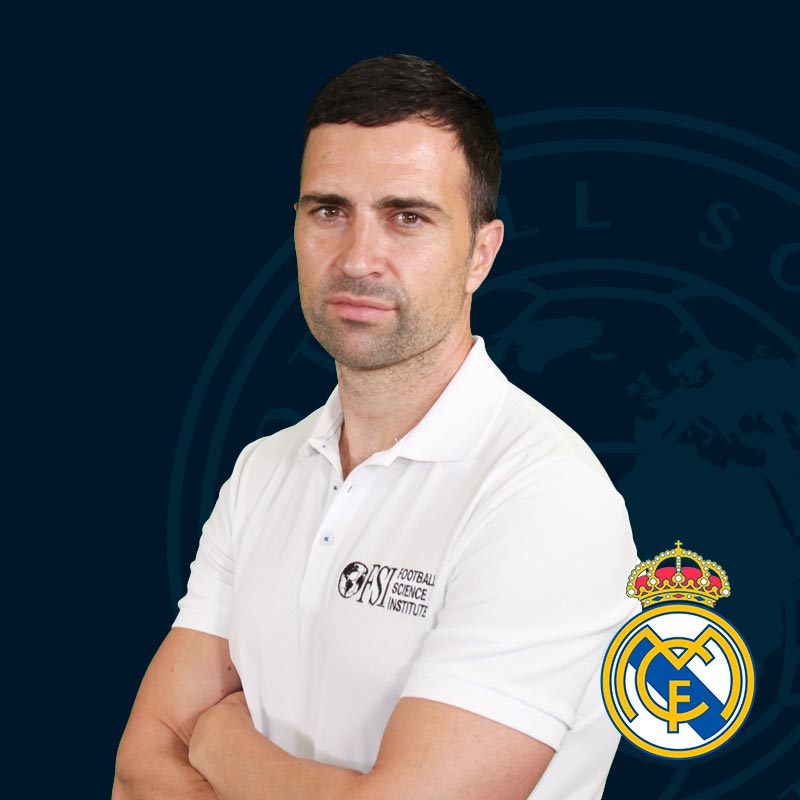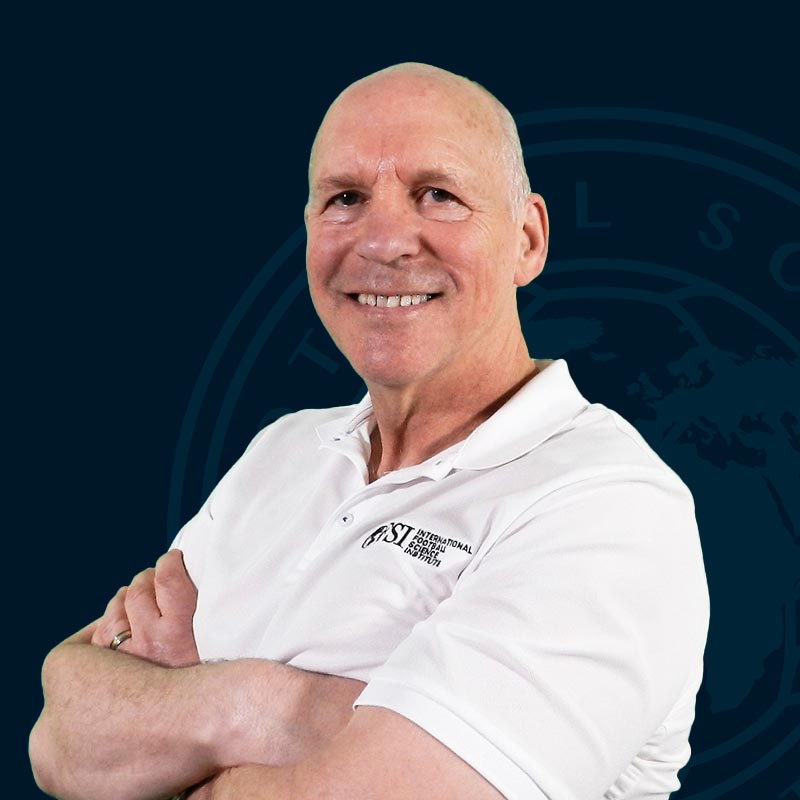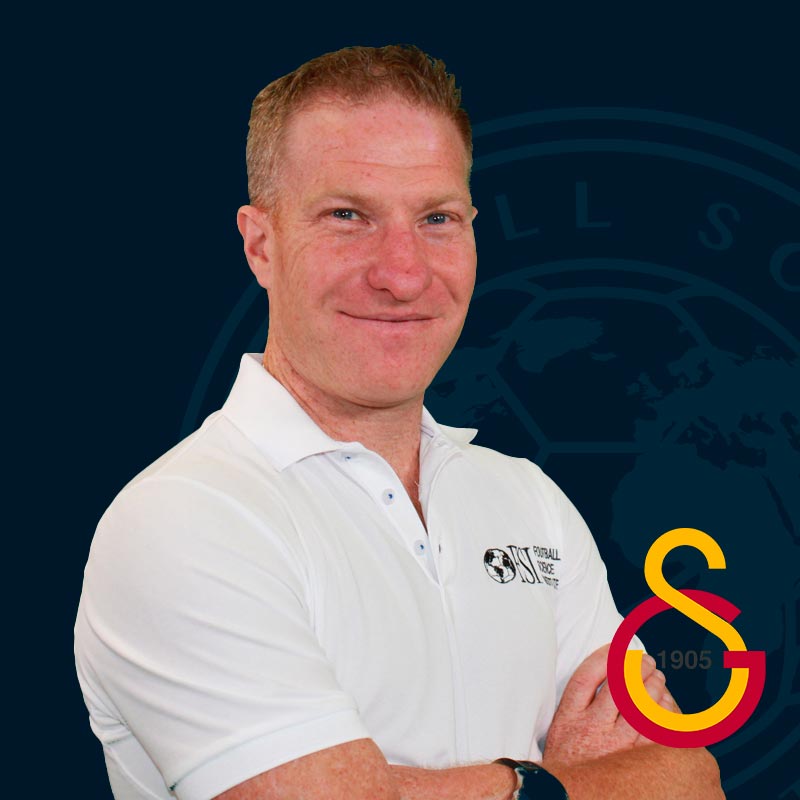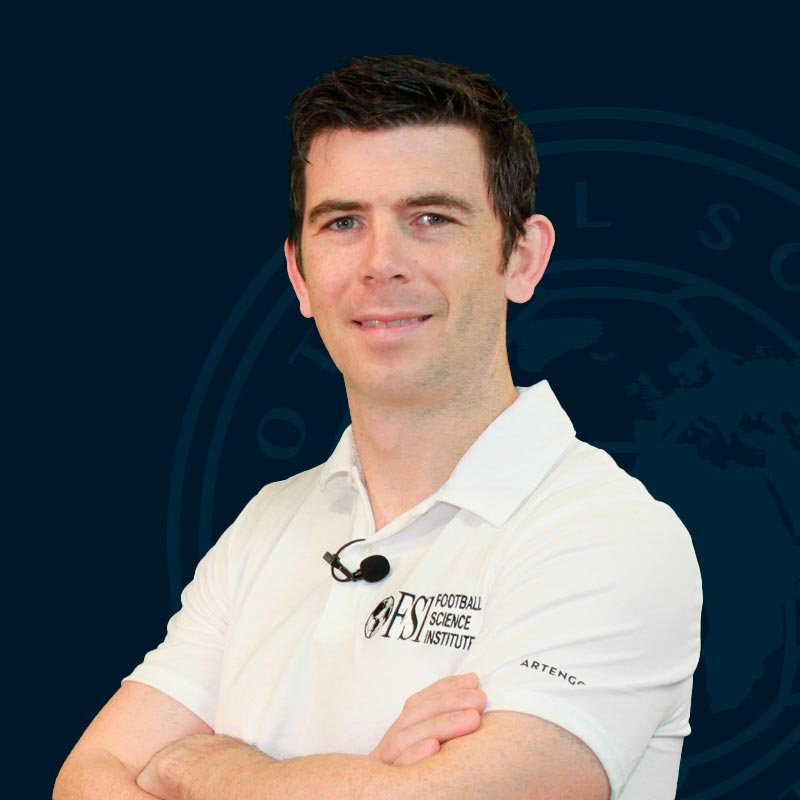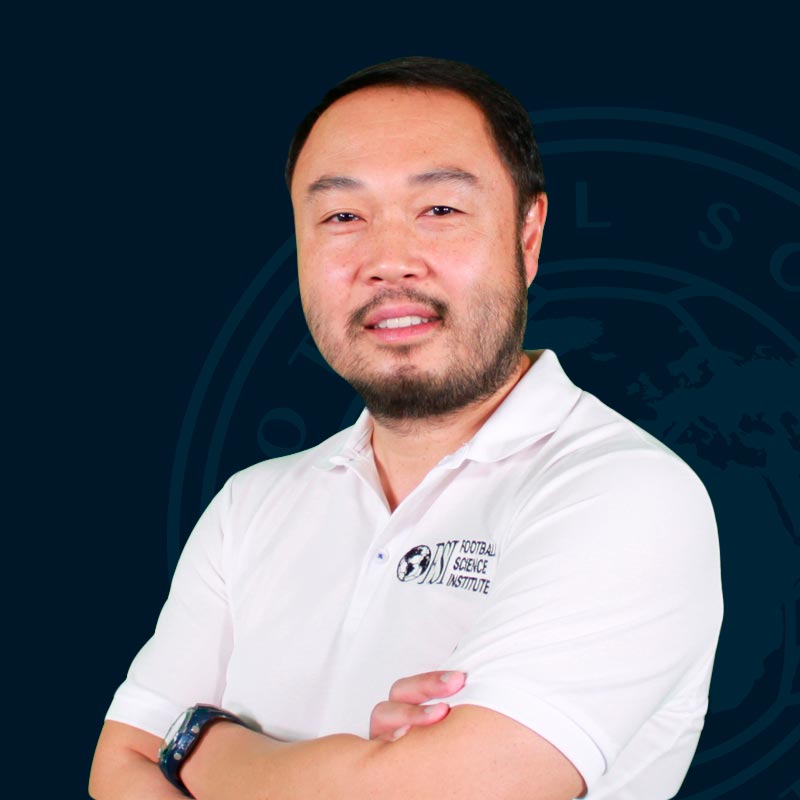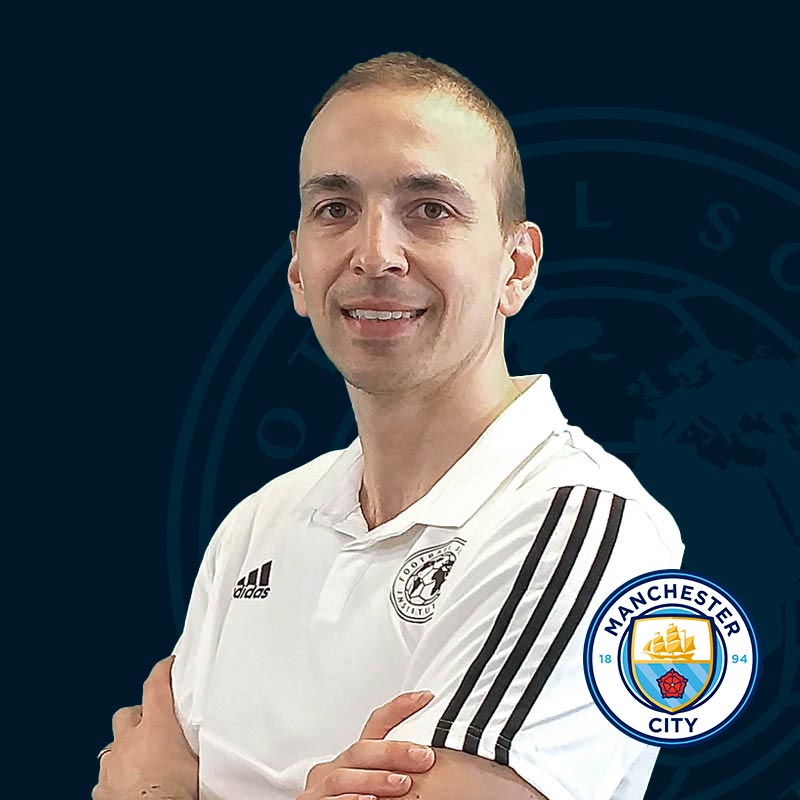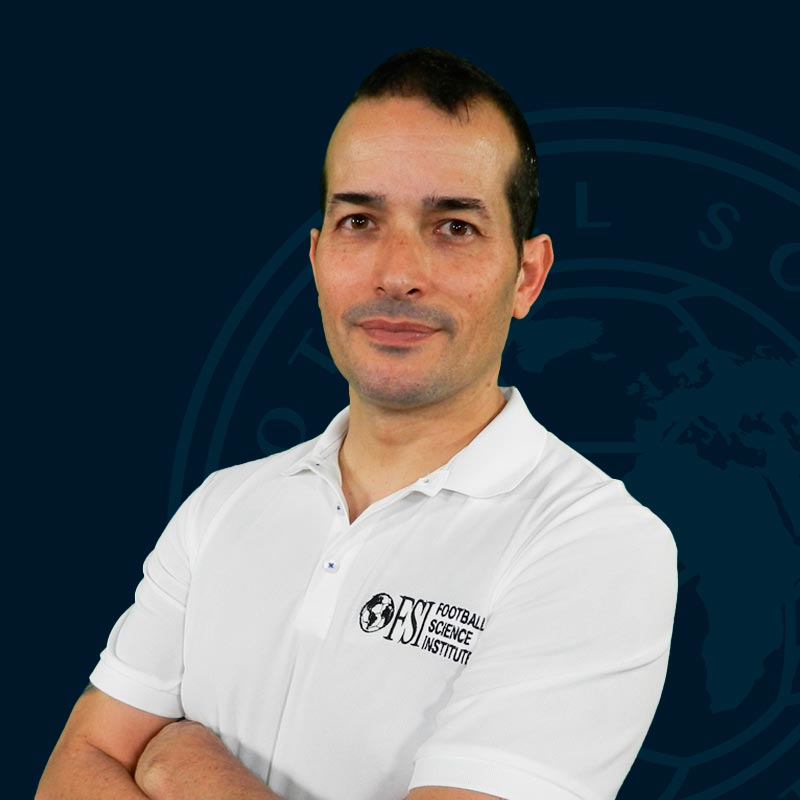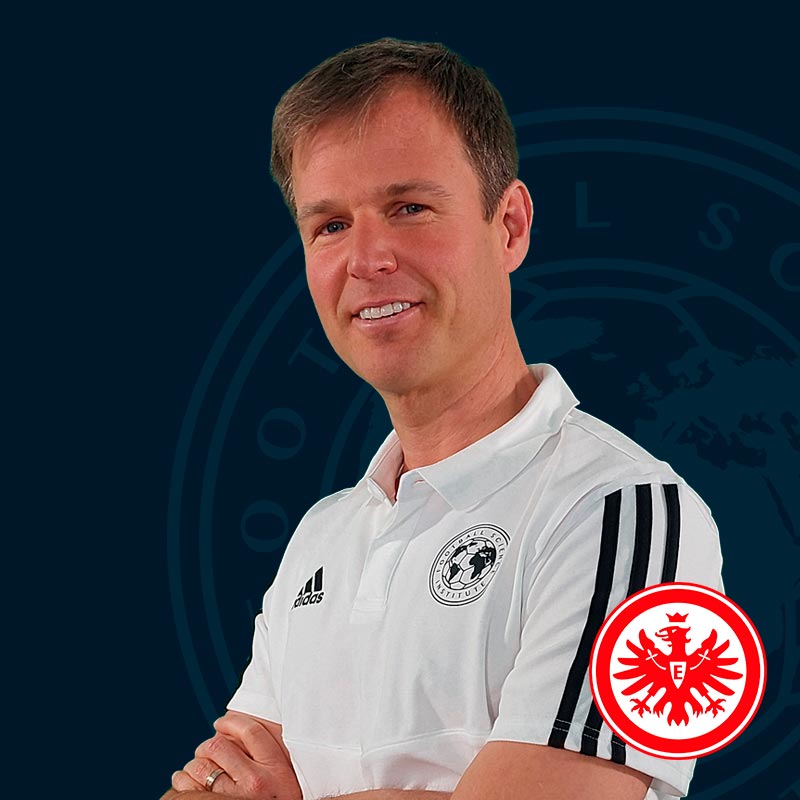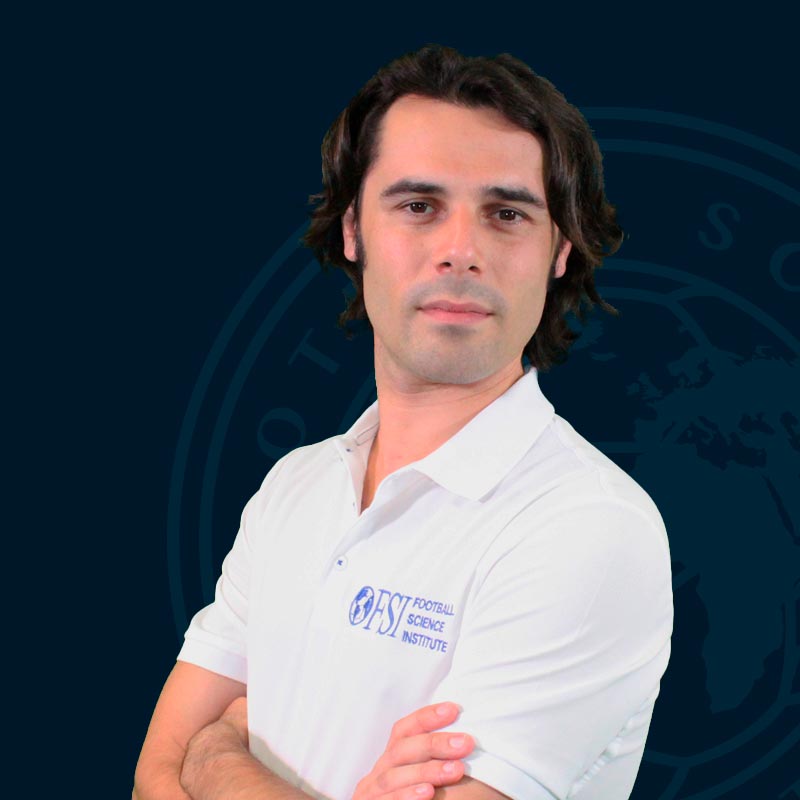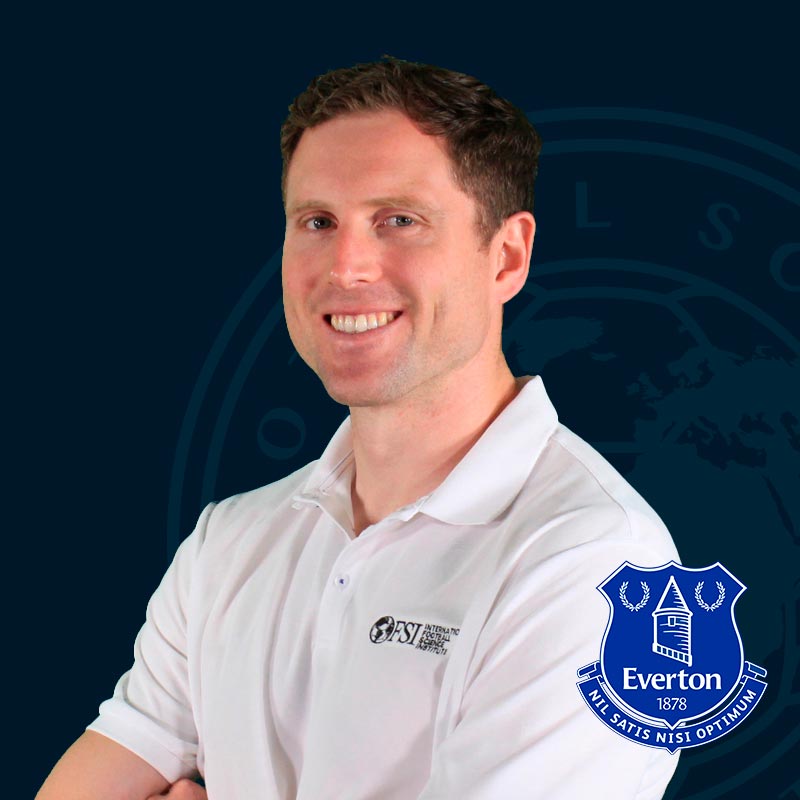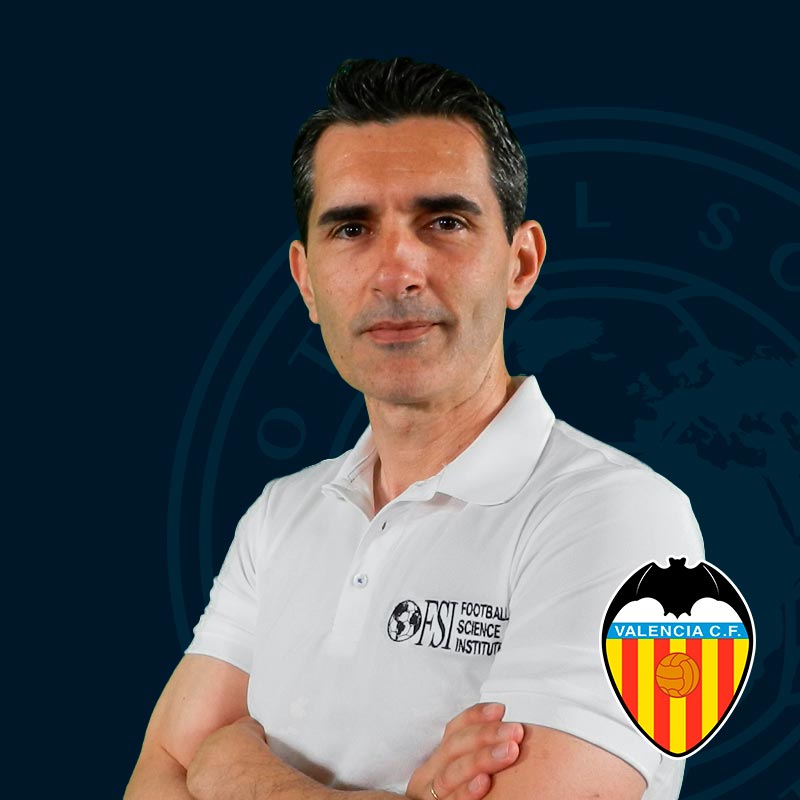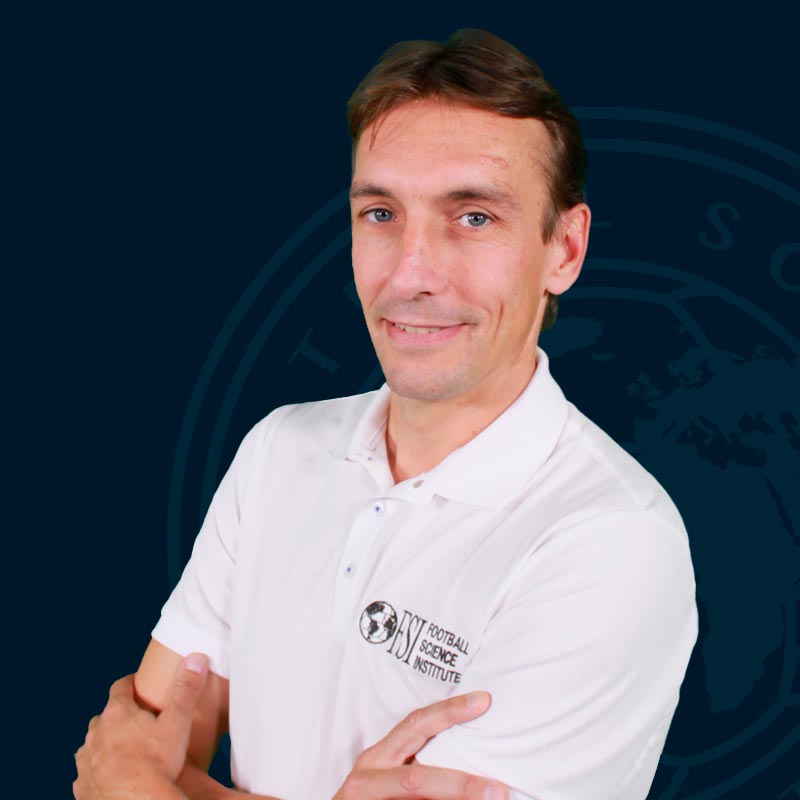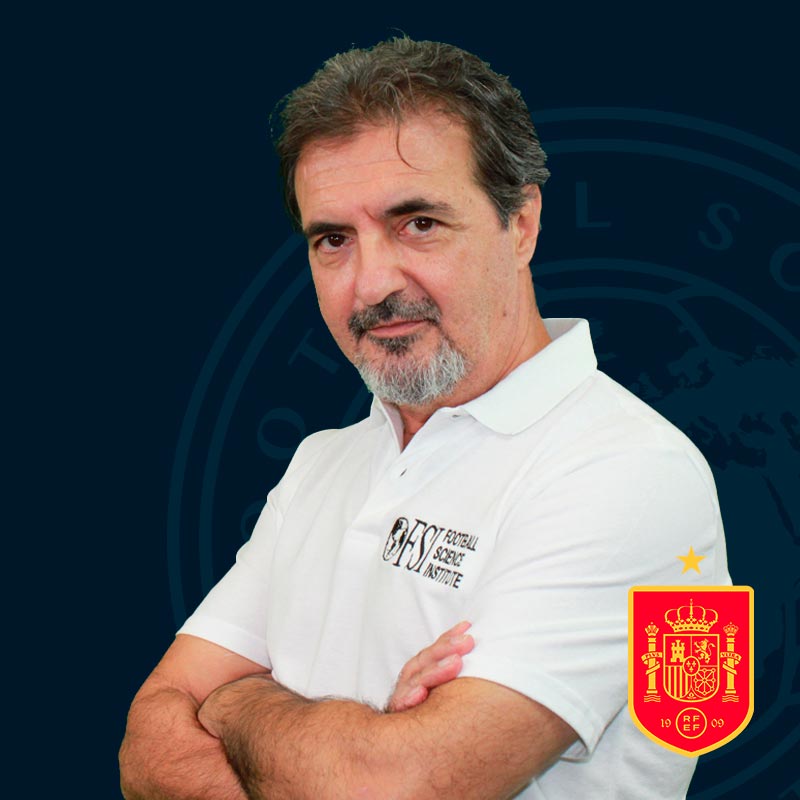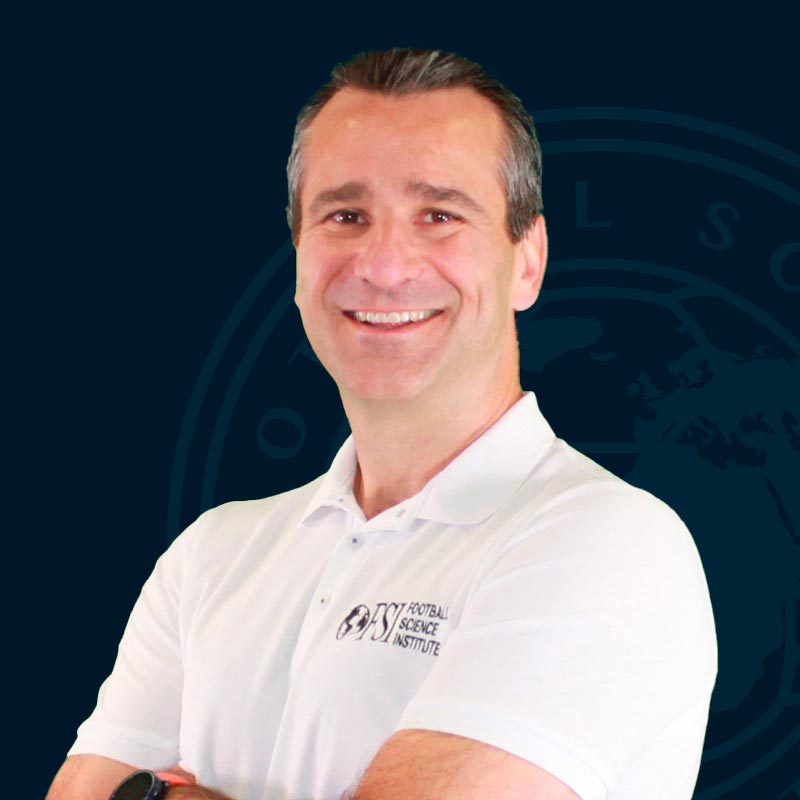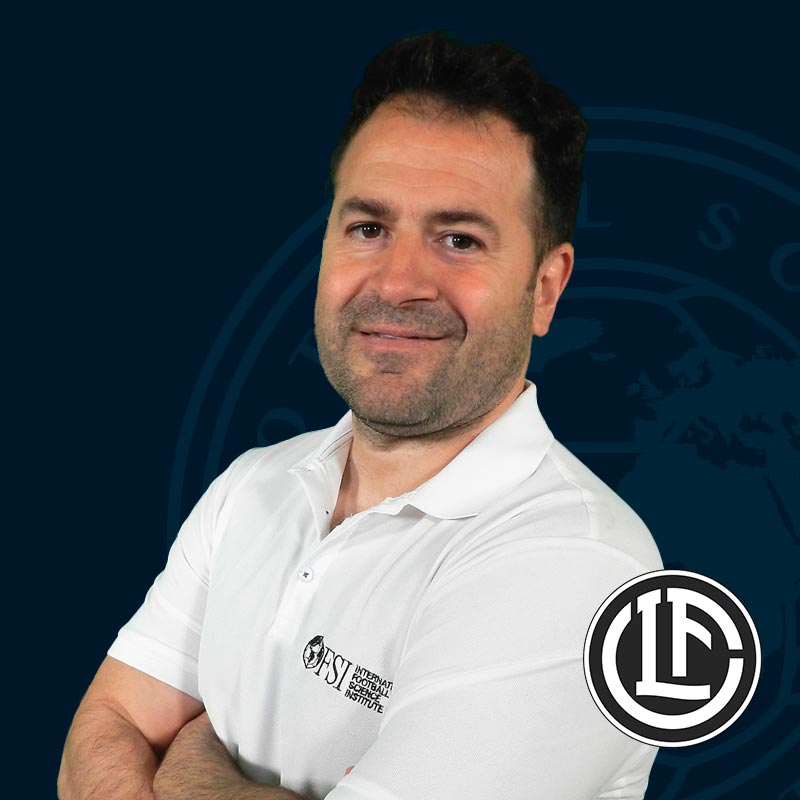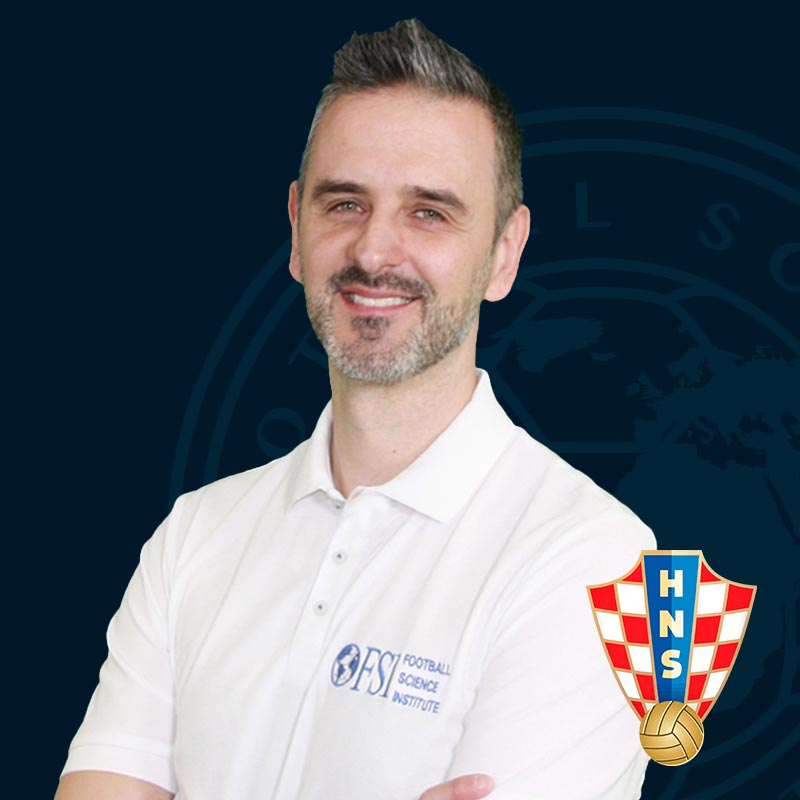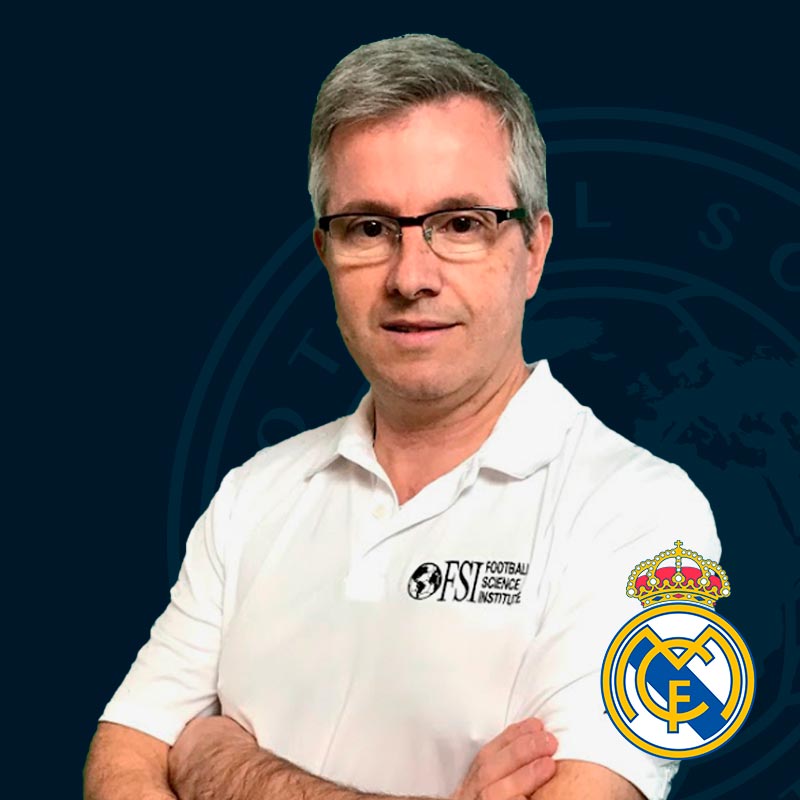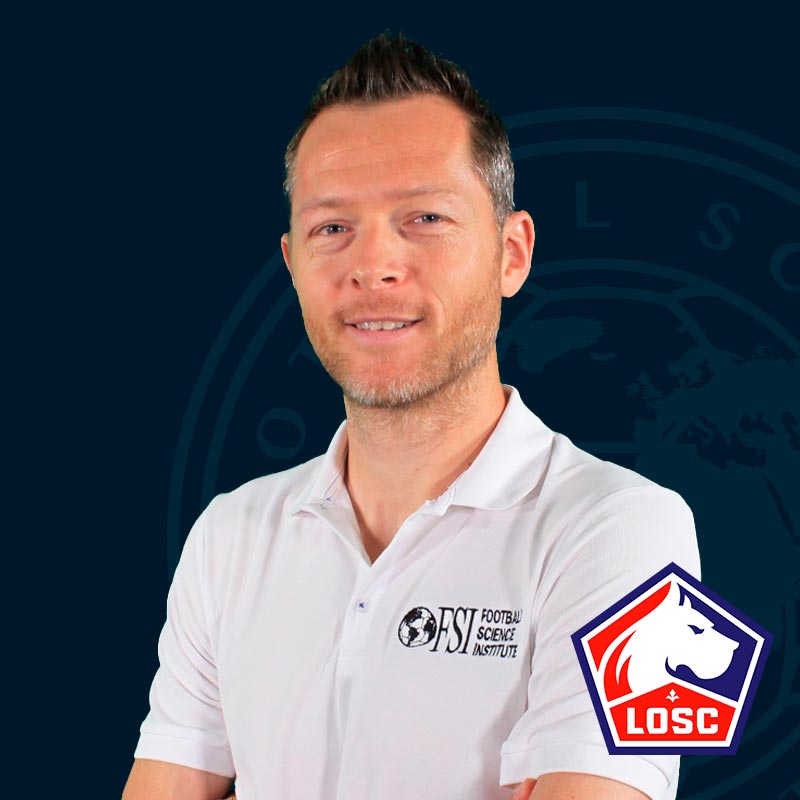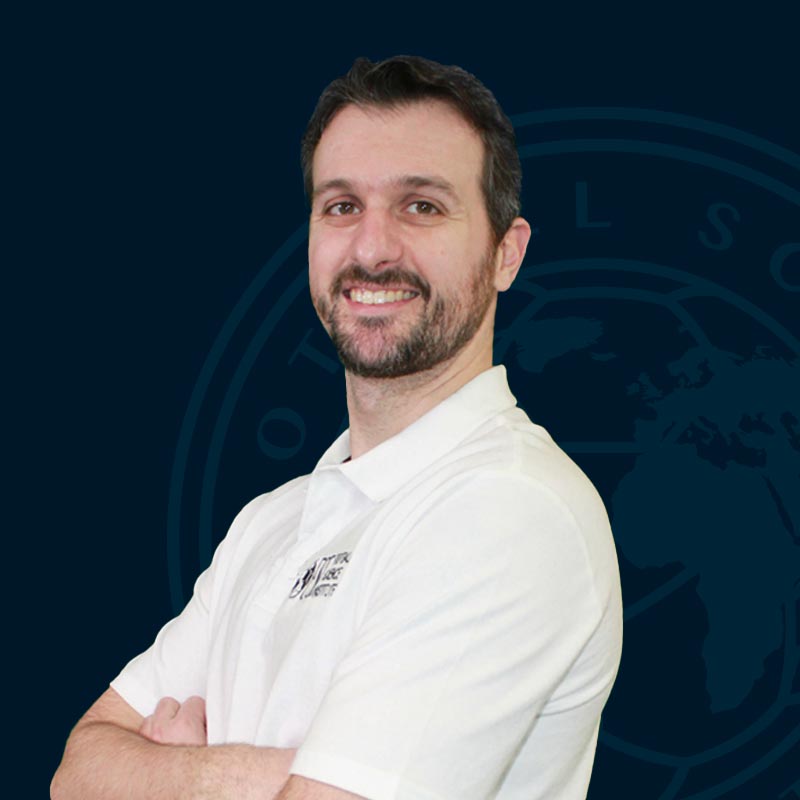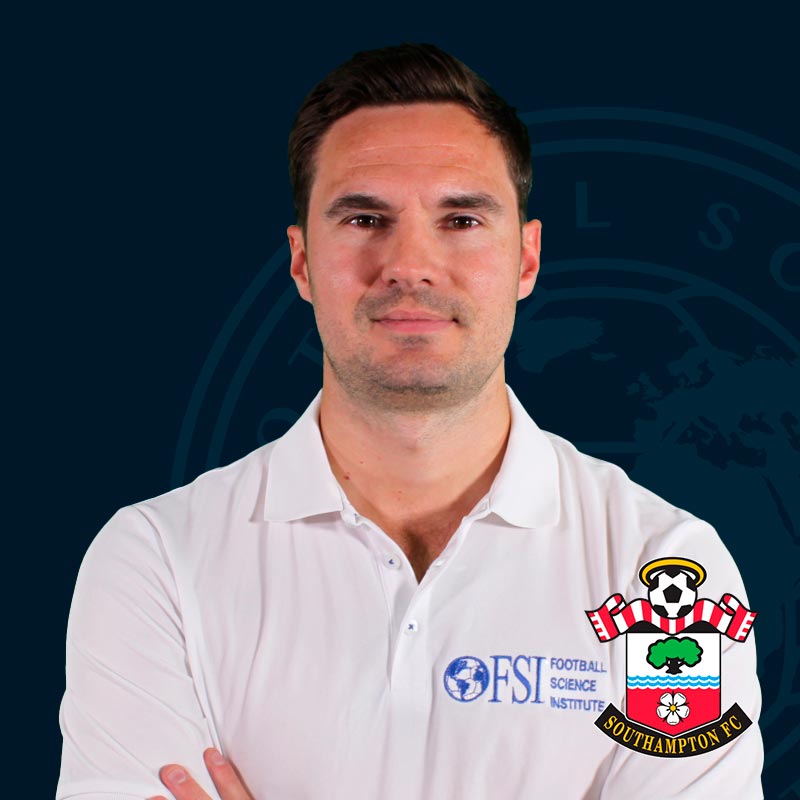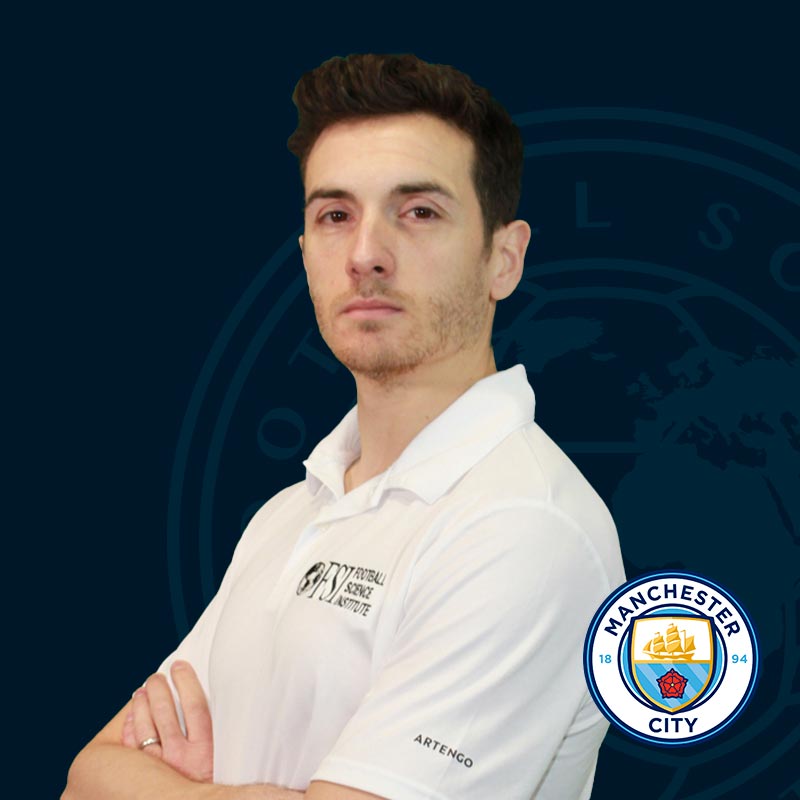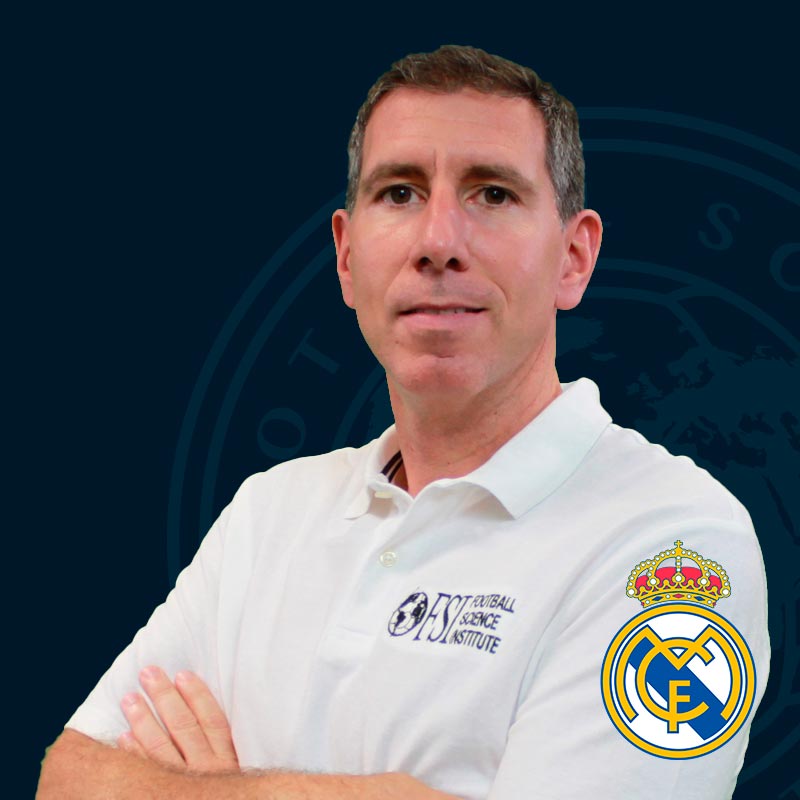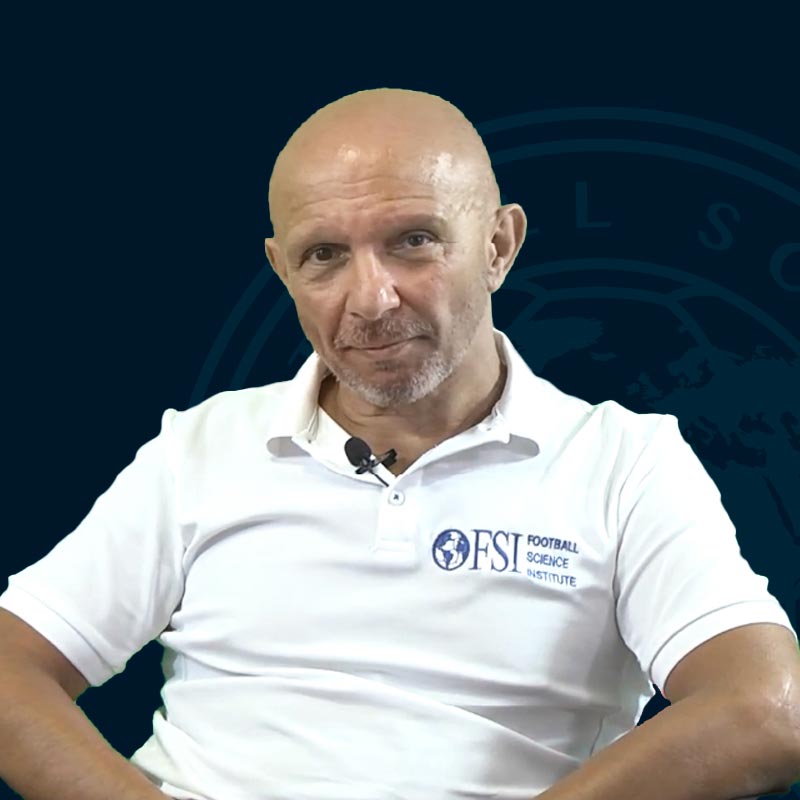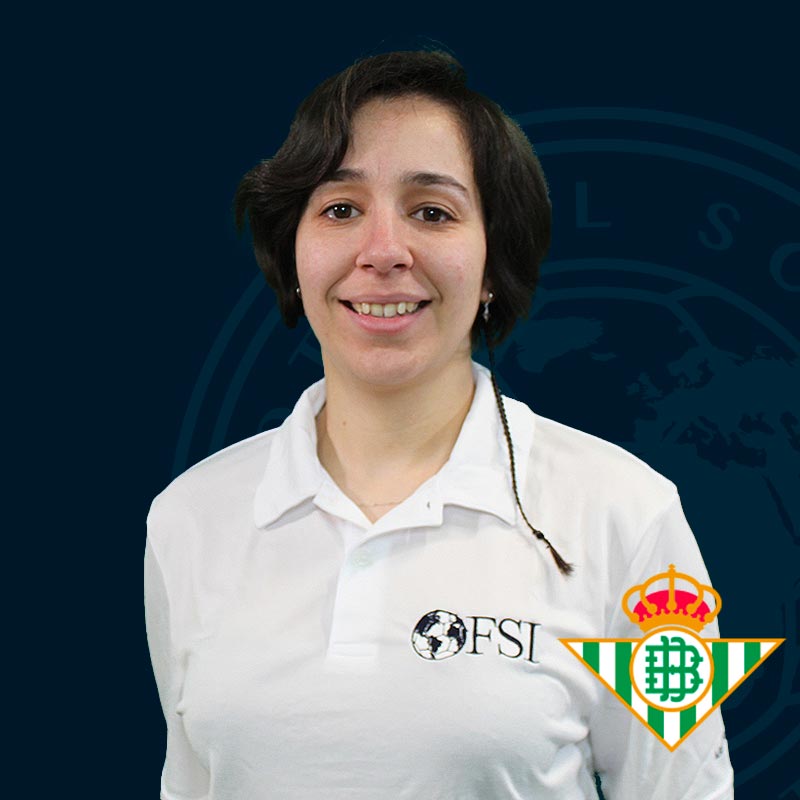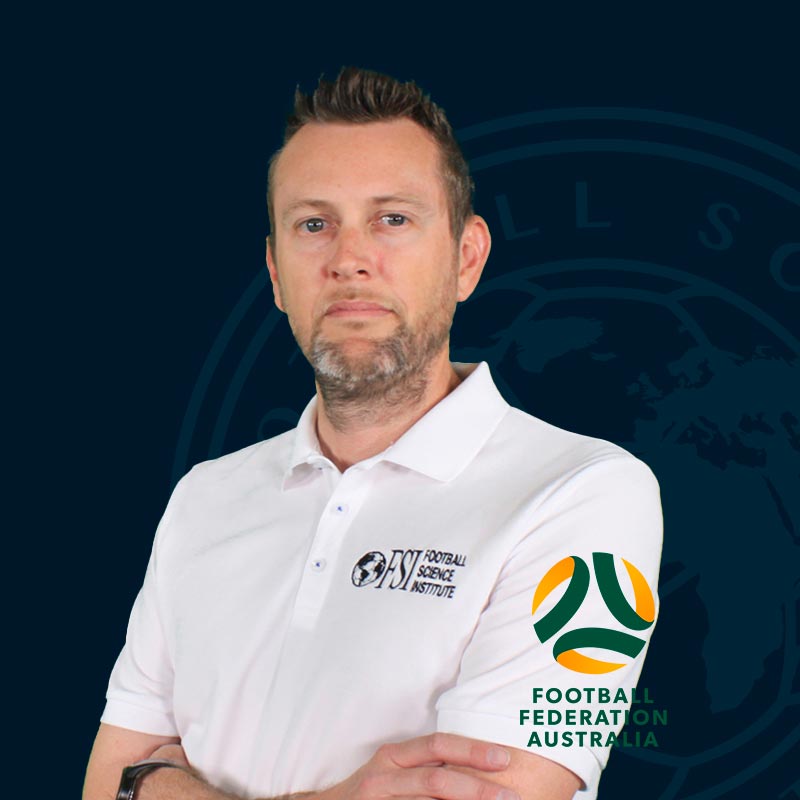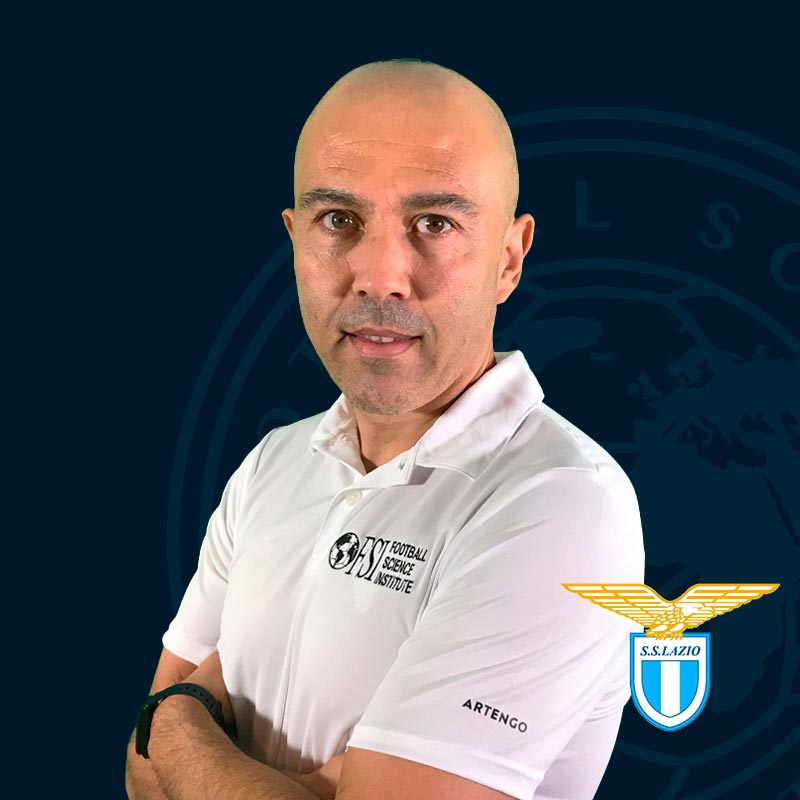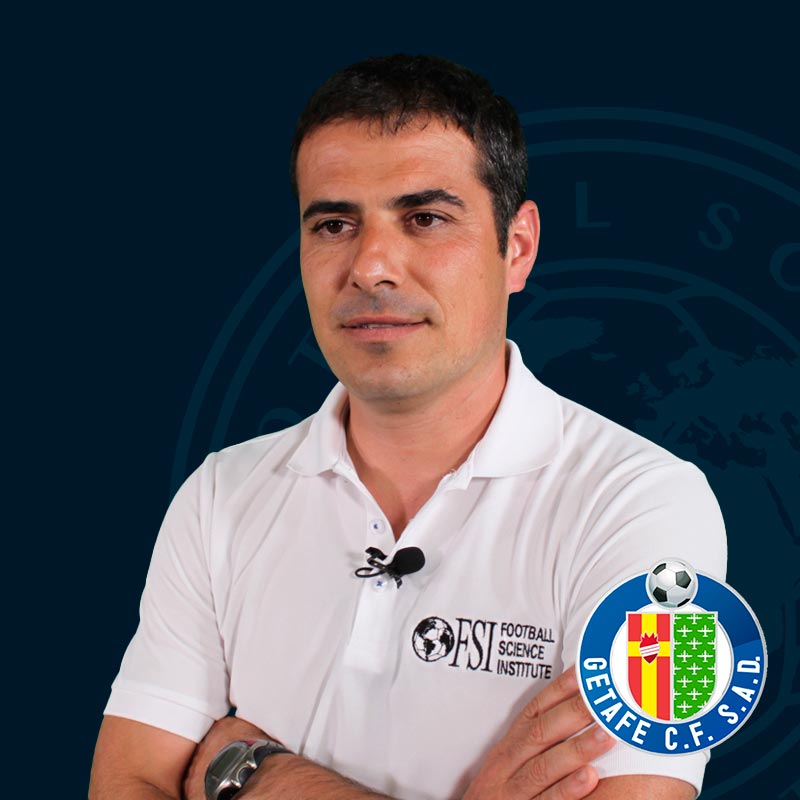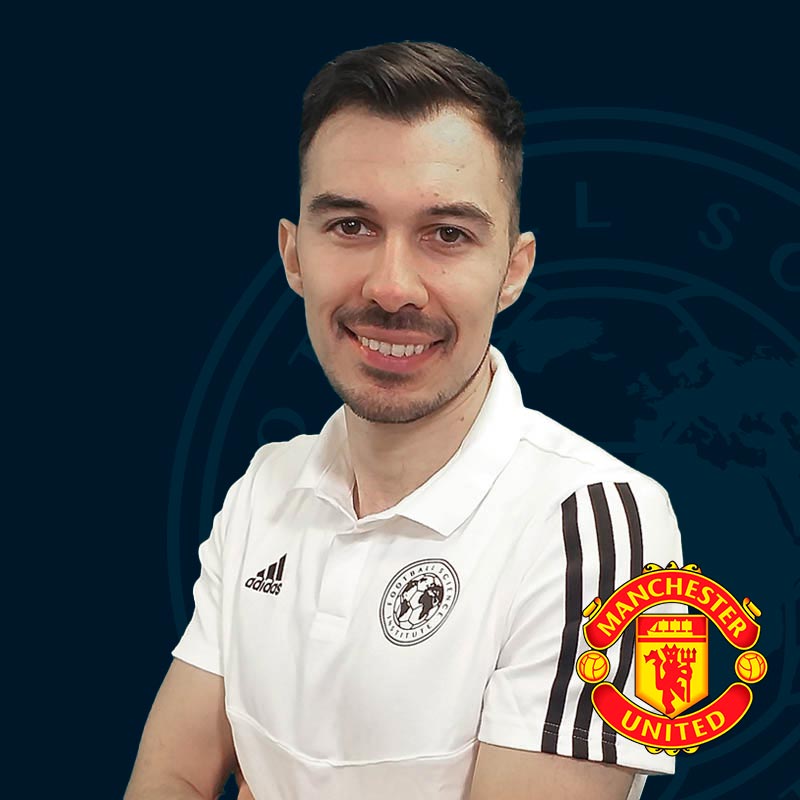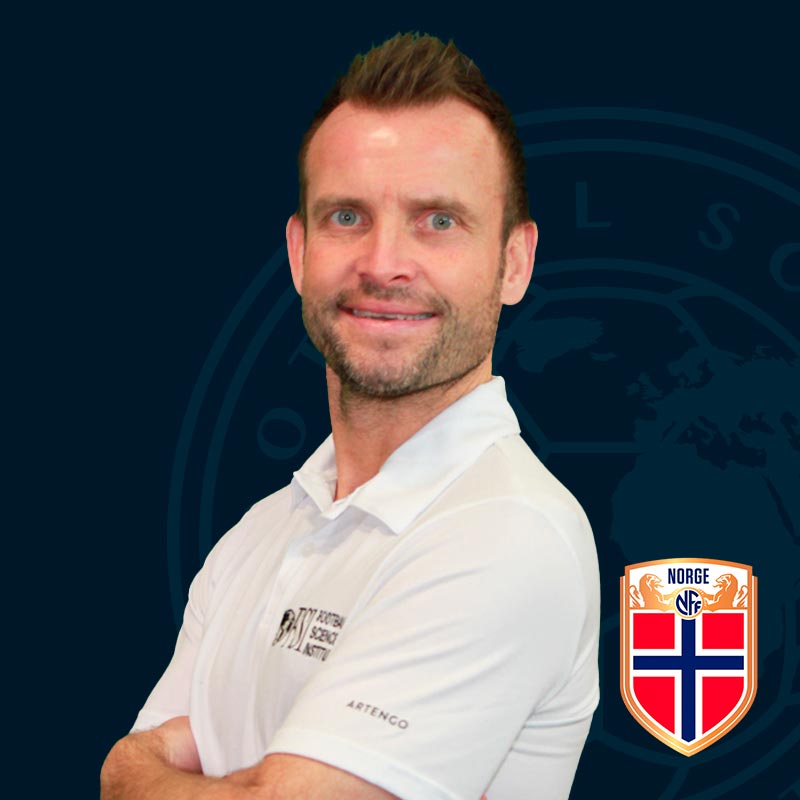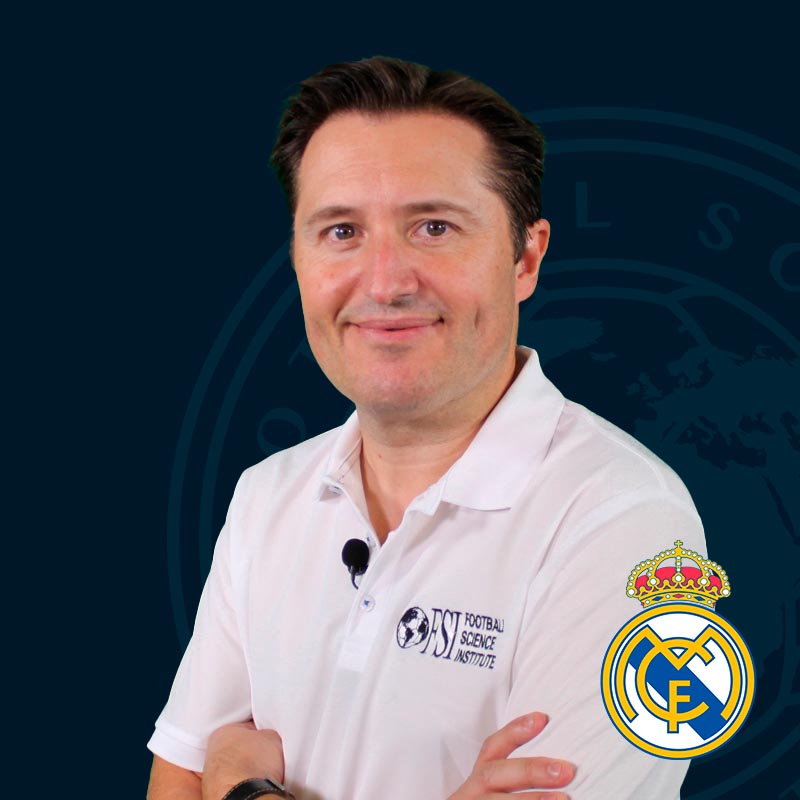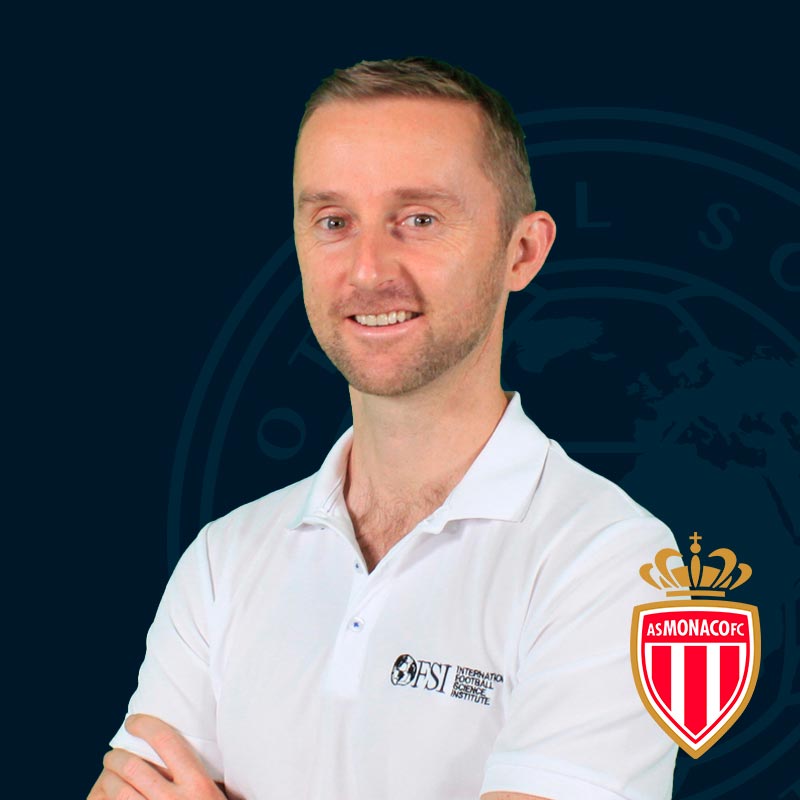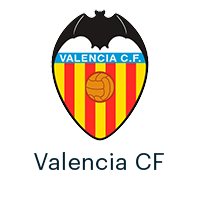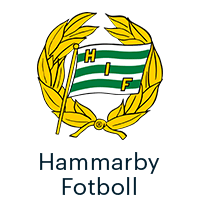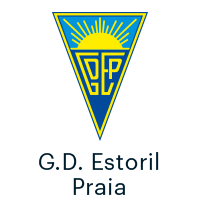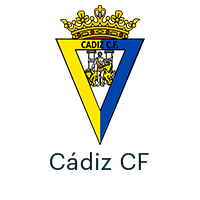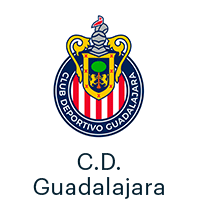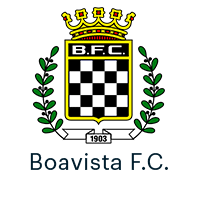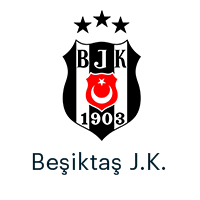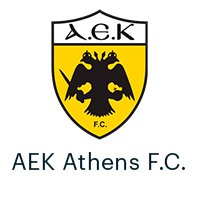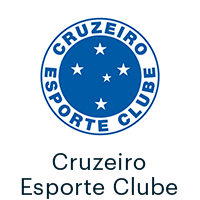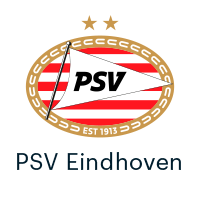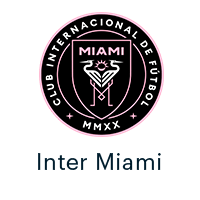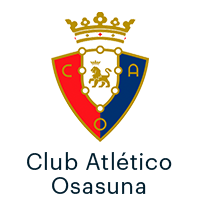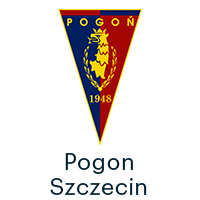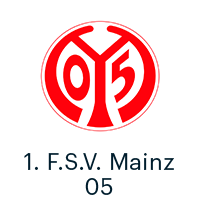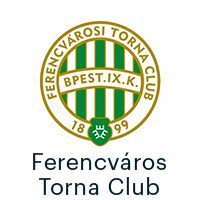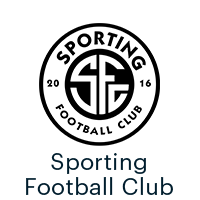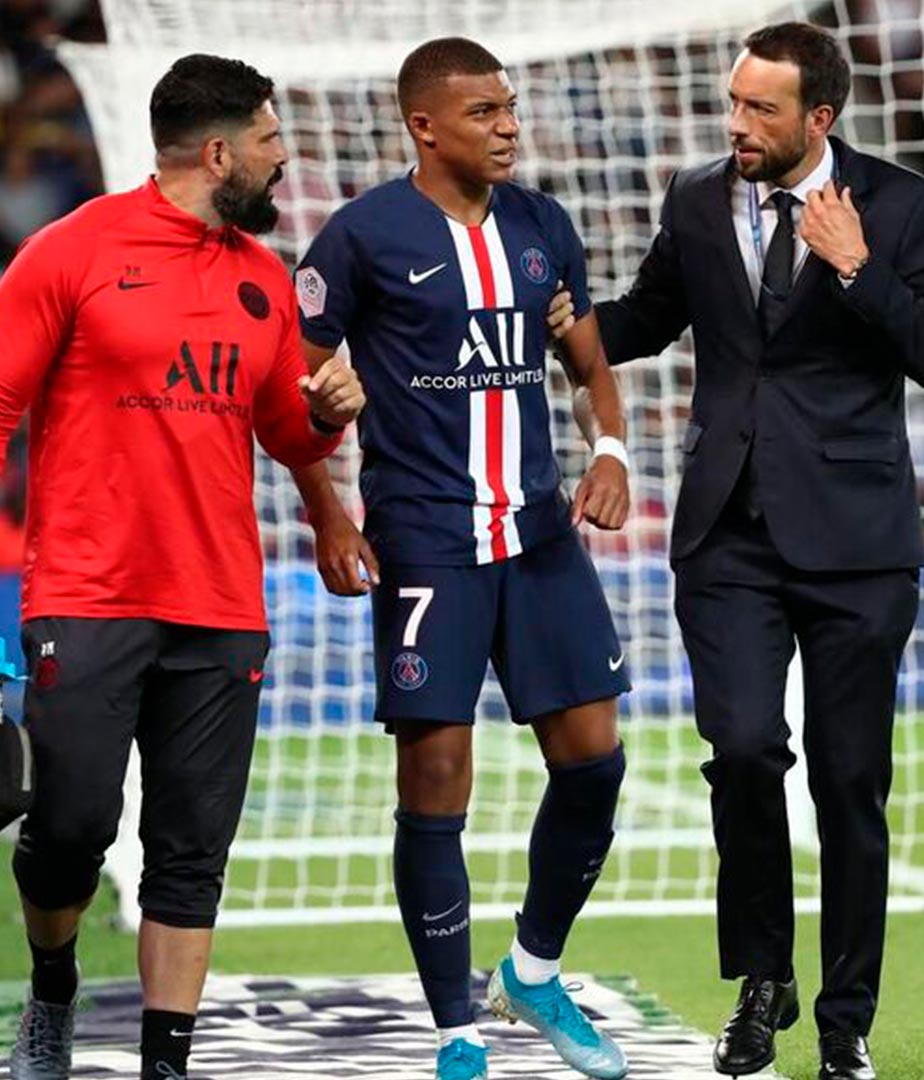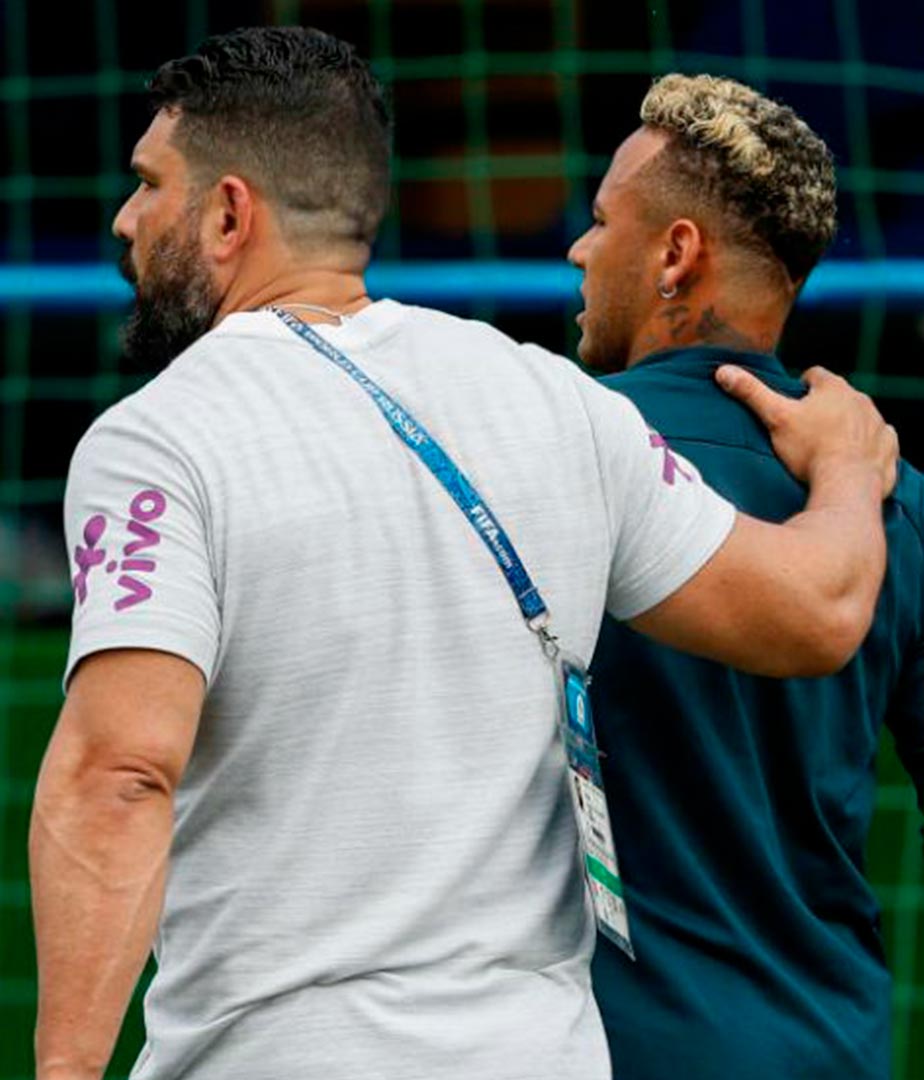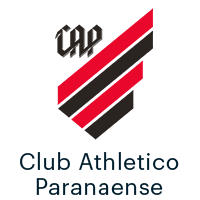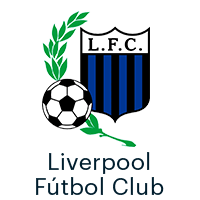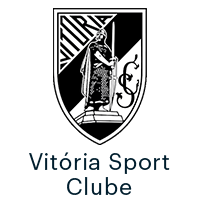MEET THE MASTER DIRECTOR, BRUNO MAZZIOTTI
Throughout the Master's program, students will acquire a comprehensive understanding of theoretical and practical aspects of football physiotherapy applied within professional football teams. Graduates of this program are accredited by the FSI faculty, certifying their competency to work effectively as team physiotherapists in professional football or as athletic trainers for professional football players.
All professors in this program are esteemed scientists and/or practitioners from some of the world's leading football clubs. FSI takes pride in imparting their invaluable knowledge to students, empowering football professionals and supporting football science.
Given the intense competitive schedule and frequency of matches faced by football teams, ensuring proper recovery is a fundamental pillar for players to perform at their best. The role of the physiotherapist is crucial in guaranteeing optimal performance.
As a result, there is a steadily increasing demand for physiotherapists among elite clubs, highlighting continuous growth in this vital department.
At FSI, we collaborate with over 35 partner clubs worldwide, providing you with the unique opportunity to receive hands-on training within the internal structures of these clubs.
Upon completing your training, you'll have the chance to apply your knowledge in a professional club setting, gaining valuable experience in the world of elite football.
Our internship program is entirely voluntary, allowing you to apply for it without limitations. You can choose to intern at a specific club and, if desired, opt for additional stays at different clubs in the future.
However, if the internship program doesn't align with your preferences, no worries. Participation in the stays is optional, and you have the flexibility to decline. Rest assured, the FSI master's program maintains its validity, and you'll receive your certificate in the same manner.
Take a look to our partners clubs where you could experience your stay:
Professionals
Graduates in physiotherapy.
Sports professionals
Profiles with knowledge in physiotherapy, performance optimization and sports doctors.
Students
Physiotherapy and medicine students.
If you are unsure whether your profile fits this FSI Master, request more information and a member of the FSI team will contact you to assist.
This module focuses on a range of topics aimed at providing general guidelines for the prevention and treatment of soccer injuries. The module explores the epidemiology of injuries and etiological patterns specific to soccer players, including risk factors associated with injury. It will be examined injury prevention testing (eccentric, isokinetic strength and biomechanical testing). The module also includes analysis of plantar biomechanics of the foot and boot fitting to prevent injury.
The module covers the physiological bases of mobility training, including the acute and long-term effects of flexibility training and range of motion amplitude training. The course also focuses on strength training methods for injury prevention in football, and potential training strategies to prevent hamstring strains and ACL injuries in football players.
The module covers workload control for injury prevention and return to play, as well as the coordination between sports science and medical departments for effective workload control in a football team. The module also addresses tendinopathy management in football players, which is a common injury in football due to the high levels of physical exertion. Additionally, the module covers the understanding of pain in football players, which is crucial for effective injury prevention and management.
The module covers the management of recovery during congested and non-congested fixtures in football, including travel management for football teams. The module also addresses the importance of sleep management in football players for effective recovery. Additionally, the module covers the medical preparation and care required for international football tournaments. The practical overview of recovery strategies in football allows students to develop a comprehensive understanding of the different recovery techniques that can be used to optimize recovery for football players.
The module includes the study of musculoskeletal tissue mechanical properties, the physiology of muscle healing, tendon and muscle adaptations in response to eccentric training, and the physiological bases of de-training in football. The module also covers the physiological bases of muscle strength reconditioning after a football injury, allowing students to understand the mechanisms behind the healing process and how to optimize it for football players.
This module includes the musculoskeletal and biomechanical examination of the football player, clinical imaging management, reconditioning methodology progression control, mechanical load monitoring, and intensive injury reconditioning management. The module also covers individualized return to play within the control-continuous-chaos framework.
The module includes an overview of injection therapies supported by evidence-based practices, detraining prevention methods during the early phases of injury, and innovative approaches such as heat and altitude training, inspiratory muscle training, blood flow restriction training, and aquatic reconditioning methods. Additionally, the module delves into the testing and reconditioning process of neuromuscular control to ensure a safe return to play.
This module focuses on the medical description, biomechanics, and general clinical management of the most common spine injuries in football, as well as the reconditioning process after lumbar disk surgery in football players. Additionally, the module covers the functional anatomy, biomechanics, and injury risk factors of the pelvis and groin in football, along with the medical description and general clinical management of related injuries. The module also delves into the reconditioning process after adductor muscles rupture and pubalgia, and the prevention training for pubalgia in football players. Lastly, the course covers the reconditioning process after pubalgia surgery in football players.
The module covers medical descriptions and clinical management of quadriceps and knee extensor mechanism injuries in football, including rectus femoris injuries, deep fascia injuries, and patellar tendinopathy. The module also includes a section on the reconditioning process and prevention strategies for these injuries, including rectus femoris injuries and patellar tendinopathy. Additionally, the module covers the reconditioning process after patella fracture in football players.
This module includes the medical description, clinical management, reconditioning process of hamstrings injuries in a football player. We also cover specific topics such as the reconditioning process for proximal hamstrings tendons syndrome, as well as the reconditioning process after semitendinous/semimembranous injuries and hamstrings proximal tendons rupture in the football player. The module also includes a discussion on the comprehensive management of severe muscle-tendon injuries in the football player and surgical management of such injuries.
This module covers various topics related to knee injuries in football players. Students will learn about the medical description and clinical management of meniscal and chondral knee injuries in the football player, as well as knee injuries in young football players. They will also study the reconditioning process after radical resection of the lateral meniscus and meniscus repair in a football player.
This module focuses on the medical description and clinical management of knee joint ligament injuries, including the anterior cruciate ligament (ACL) and medial collateral ligament (MCL) injuries. Students will learn about the functional anatomy, biomechanics, and injury risk factors of these injuries in football. The module also covers ACL reconstruction surgery and the subsequent reconditioning process for the football player to return to performance. Additionally, students will study ACL injury reconditioning and prevention techniques in female football players and the reconditioning process and prevention for MCL injuries in the football player.
This module includes the medical description and clinical management of the most common leg, ankle, and foot injuries, as well as the reconditioning process and prevention techniques for specific injuries such as soleus muscle injuries, calf muscular injuries, and Achilles tendinopathy. The module also covers the reconditioning process after Achilles tendon surgery and the prevention of ankle lateral sprains and chronic instability in football players. Additionally, it provides insights into the reconditioning process for a leg fracture in a football player.
The module covers the medical description and clinical management of the most common shoulder injuries in football players. It includes the reconditioning process and prevention techniques for glenohumeral instability in football goalkeepers. Additionally, the module addresses the management of concussion in football, which can have serious consequences for players. Overall, this module provides a comprehensive understanding of upper body injuries in football players and their management, with a particular focus on shoulder injuries, glenohumeral instability, and concussion.
This module begins with an overview of the physiotherapist's role in the assessment of football players, followed by a discussion of imaging techniques for musculotendinous injuries and their relationship to clinical evolution. Manual therapy intervention strategies and the management of myofascial pain and overuse conditions in football are also covered. The module concludes with a focus on personalized injury reconditioning of elite football players, taking into account individual needs and goals for returning to the sport.
This module starts with Instrumented physiotherapy in football, followed by the use of functional bandage and acupuncture techniques in football. The module also covers Medical assistance organization in training and competition in football and Touchline Care and Emergency procedures in football. Furthermore, it teaches students about the Medical preparation and care for international football tournaments and Health Care and Disease Prevention in football players.
Football Science Institute (FSI) is a global platform of professionals, academics and experts dedicated to promoting the sport science for football development. FSI is also an online resource offering educational courses and scientific and practical content for those professionals or students interested in sports science and football performance.
From FSI we offer training programmes at a global level. You can have access to our masters and courses from any place around the world, as long as you have access to Internet connection.
Yes, you can enrol in as many programs as you like at the same time.
You can enrol in any program once the enrollment period is open. For more information about the programme before this date, you may register your interest in this course on our website and we will send you the updated information.
All the FSI courses are 100% online, with 24/7 access to video classes which are structured within modules.
The duration of the master's program is equivalent to the number of modules, but we at FSI extend the period by 8 months so that you can complete your training with no problems.
The FSI team will take into account each one of the enrollment applications received for the different program.
Since FSI is an online platform for higher education to obtain professional qualifications, certain academic requirements must be met in order to enroll in the Master’s programme: CV to be reviewed by the FSI Academic Department.
Each course or module within an FSI programme is taught by a different teacher. The lessons are either in english or in spanish, which allows the student to choose the language preferred. The videos that are recorded in English have Spanish subtitles, and vice versa.
FSI is a private school of Football Science that certifies its courses through the support of its prestigious Faculty of FSI. The FSI courses have the direct objective of providing the student with immediate work skills in the international world of professional football, and not only for academic career purposes. However, we are working with several international universities interested in recognizing FSI certified studies as a basis for their university degrees.
Once the student has completed any of the courses offered by FSI, and has completed the requirements, they will receive a certificate containing a security code, with which the validity of the certificate can be verified. You will also be able to download your certificate from your personal FSI account.
The FSI masters and courses do not include a mandatory internship program in the curriculum for obtaining the Diploma. However, students who want to learn practically within a professional football club structure have the opportunity of applying for the Internships Calls that FSI periodically launches through its Membership program and in coordination with its Partner Football Clubs. This internships suppose a real opportunity for the students to be integrated in the daily work structure of a high level football team, providing a strong practical experience and an interesting entrance door to the world of professional football.
You may contact with the FSI’s team by the following email address: info@fsi.training
FSI’s Faculty is composed of world-class academics, scientists and football professionals. This combination of academic and professional profiles allows the FSI to offer advanced and practical knowledge on football.
The scientific production of the FSI Faculty members reaches more than 2,500 articles on specialized scientific/technical journals, with an average h index of 15 to 40.
The FSI Faculty members are among the most recognized opinion leaders in football science and performance, with a high presence in congresses as well as in specialized meetings, and a large number of followers in social networks.
If you want to learn more about the FSI Faculty members, you may visit the “Faculty” section on our website.
ENROLLMENT APPLICATION
ENROLLMENT VALIDATION
PAYMENT OF THE MASTER
LOGIN CREDENTIALS & MASTER COURSE START
Train practically as a football professional staff within top-level clubs
FSI trains you online with the best international platform of professionals, teachers and experts in Sport Science in Football, and also gives you the opportunity to train in person and in practice within the internal structure of our associated Clubs in different countries
FSI is made up of experts, researchers, and professionals dedicated to applied football sciences, providing the highest level of education in all aspects of football. We are committed to staying up to date with new research and discoveries to always offer updated training to our students and professional partner clubs.
You will learn from the most important football researchers and professionals in the world.
You will be able to access voluntary internships and put into practice everything you have learned in our more than 30 partner clubs.
We put at your disposal a job board that promotes employability and facilitates access to the world of professional football among our students.
You will be able to immerse yourself in the world of research applied to football through collaborations with our scientific community.
You will be part of one of the most influential communities in the world of football, being able to connect with recognized figures.
© Football Science Institute | Privacy Policy | Terms & Conditions | Design and development OAK Producciones



